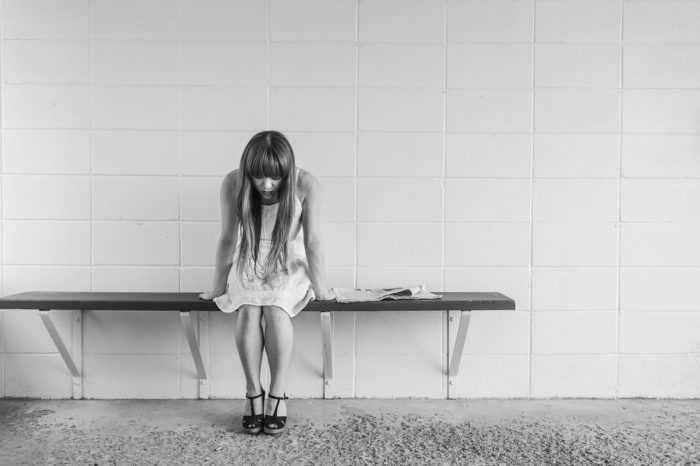One of the hardest things to deal with in life is grief. Losing a loved one or family member can cause more pain than any physical injury ever will. Grief doesn’t just strike us when a bereavement occurs, grief can also strike with tragedy, but more pertinently, grief also visits us when being diagnosed with a chronic illness. Dealing with the news of a diagnosis can be equally distressing and painful, especially if unexpected, and certainly if you have little knowledge of what you have actually been diagnosed with. Learning how to deal with this grief can often have a profound effect on how you manage your illness in the future years to come, which in turn affects your overall well-being.
The Five Stages of Grief
In 1969 the Swiss born psychiatrist Elisabeth Kubler-Ross wrote a book called ‘On Death and Dying’. In this book she theorised on just how we deal with grief, this was something which was later called the Kubler-Ross model. This theory still stands strong today, and this is still taught as ‘The Five Stages of Grief’. This outlined several stages in which people go through when dealing with grief. These stages are:
- Denial – “I’m fine really, it’s just a bad spell, it won’t always be like this I’m sure.”
- Anger – “Why me? What have I done to deserve this? Seriously, who’s to blame?”
- Bargaining – “I’d do anything to not be like this, surely there’s something I can do, whatever the cost.”
- Depression – “What’s the point in trying? I’m never going to get better, no point wasting the energy.”
- Acceptance – “I can’t change this, I just need to know what I can do to fight it, make the most of a bad situation. Find the positives.”
These words may already be striking a chord with some of you, but it’s important to note that not everyone will go through all the stages, as coping with grief is an individual experience. People can also get ‘stuck’ in one particular stage. But recognising that you are in a particular stage can be key to helping you move on, which ultimately helps you cope, getting you to acceptance.
Finding Support
In order to move on and come to terms with being diagnosed with a chronic illness you need to be able to identify when you need help. It can be hard at times to recognise this yourself. Grief not only affects the individual, but those around them too, especially loved ones. Confiding in friends / family may be all you need to help you through this emotional rollercoaster ride. However; this is not always enough, but that doesn’t meant your alone.
It can be hard when first diagnosed to know where to look to for support and information. Especially when you have a chronic illness like Ankylosing Spondylitis (AS) that no-one else has ever heard of. This is why charities and organisations such as The National Ankylosing Spondylitis Society (NASS), and the Spondylitis Association of America (SAA) are invaluable to anyone with AS, newly diagnosed or otherwise. Not only do they have a wealth of knowledge about your condition, but they are able to help you by putting you in touch with the right people. Having someone you can call (via their helpline) should be a huge reassurance, because you are not alone.
Starting to Cope
Coping with this grief is an individual process, with us all reacting differently to the circumstance. Recognising your emotions and finding support is imperative to progress to a state of acceptance. Coping with a diagnosis of chronic illness can take a long time to grieve over, but you can at least take a small amount of solace knowing that we have all grieved. Whether your support comes from an official charity, or you seek peer support via forums and social media; one thing I can assure you is that any sufferer will help another to get through the difficult times, because they understand what you’re going through.
You are not alone.
